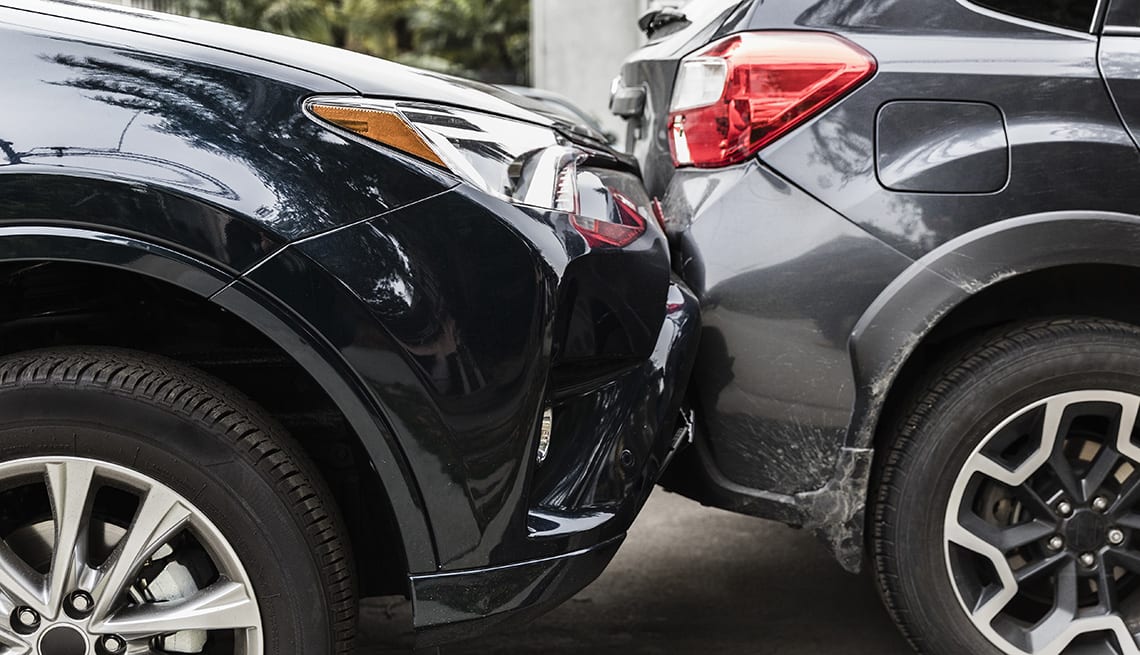
5 Things to Know About Damages in Your Auto Accident Case

When you have been injured in a serious auto accident in Southern California, you are probably trying to focus on getting proper medical attention for your injuries and finding a way to pay your extensive hospital bills. For most car accident victims, losses are not limited to medical bills or surgery costs. Rather, most people who get hurt in motor vehicle crashes experience lost wages since they cannot return to work, along with more subjective losses such as pain and suffering or disfigurement. For many victims of collisions caused by another party’s negligence, it is reasonable to file a claim for financial compensation.
When you seek financial compensation by filing a traffic collision claim, it is important to understand how damages work. The following are five things to know about damages in your auto accident case.
-
You Can Seek Compensatory Damages
Under California law, a plaintiff in a car accident case can seek compensatory damages for her losses. Compensatory damages, as their name suggests, are designed to compensate a person monetarily for his or her losses. Specifically, California law explains that compensatory damages “are awarded to compensate a plaintiff for all of the damages suffered as a legal result of the defendant’s wrongful conduct.”
-
Compensatory Damages Include Economic and Non-Economic Damages
There are two types of compensatory damages: economic damages and non-economic damages. Economic damages compensate a plaintiff for specific monetary losses that are objective, such as lost wages, hospital bills, medical costs, and other direct losses. Economic damages are those for which a plaintiff lost a specific, objective amount of money that is not open to subjective interpretation. You might think of these losses as those for which a plaintiff has a receipt for hospital bills or a pay stub indicating lost wage amounts. Non-economic damages, differently, are awarded for subjective losses that may be quantified differently depending upon a particular plaintiff’s circumstances. Examples of non-economic damages include, for example, pain and suffering, emotional distress, or the loss of enjoyment of life.
-
You May Be Eligible to Seek Punitive Damages
In some cases, plaintiffs in car accident cases also may be eligible for punitive damages. To be clear, punitive damages are only awarded in situations where the defendant’s behavior was so terrible that punitive damages are warranted. Ordinary negligence is not a reason to award punitive damages.
Unlike compensatory damages, punitive damages are designed to punish a defendant for especially egregious behavior and to deter similar behavior in the future.
-
Your Damages Award Can Be Reduced If You Are Partially At Fault
If the court determines that you are partially at fault for the accident, California’s comparative fault law still allows you to receive damages. However, your damages award will be reduced by your proportion of fault.
-
You Cannot Recover Any Damages If Your Claim Becomes Time-Barred By the Statute of Limitations
You must be very aware of the statute of limitations for your car accident case. In most California car accident lawsuits, the statute of limitations is two years from the date of the crash. Failing to file your lawsuit within the period set by the statute of limitations will result in your claim becoming time-barred, and you will be ineligible to obtain damages.
Contact a Riverside Auto Accident Lawyer Today
If you or someone you love sustained injuries in a car crash, it is important to seek damages for your losses by filing a claim. An experienced Riverside car accident attorney can help with your case. Contact Wagner Zemming Christensen, LLP to speak with a personal injury lawyer at our firm about filing an auto accident lawsuit.



